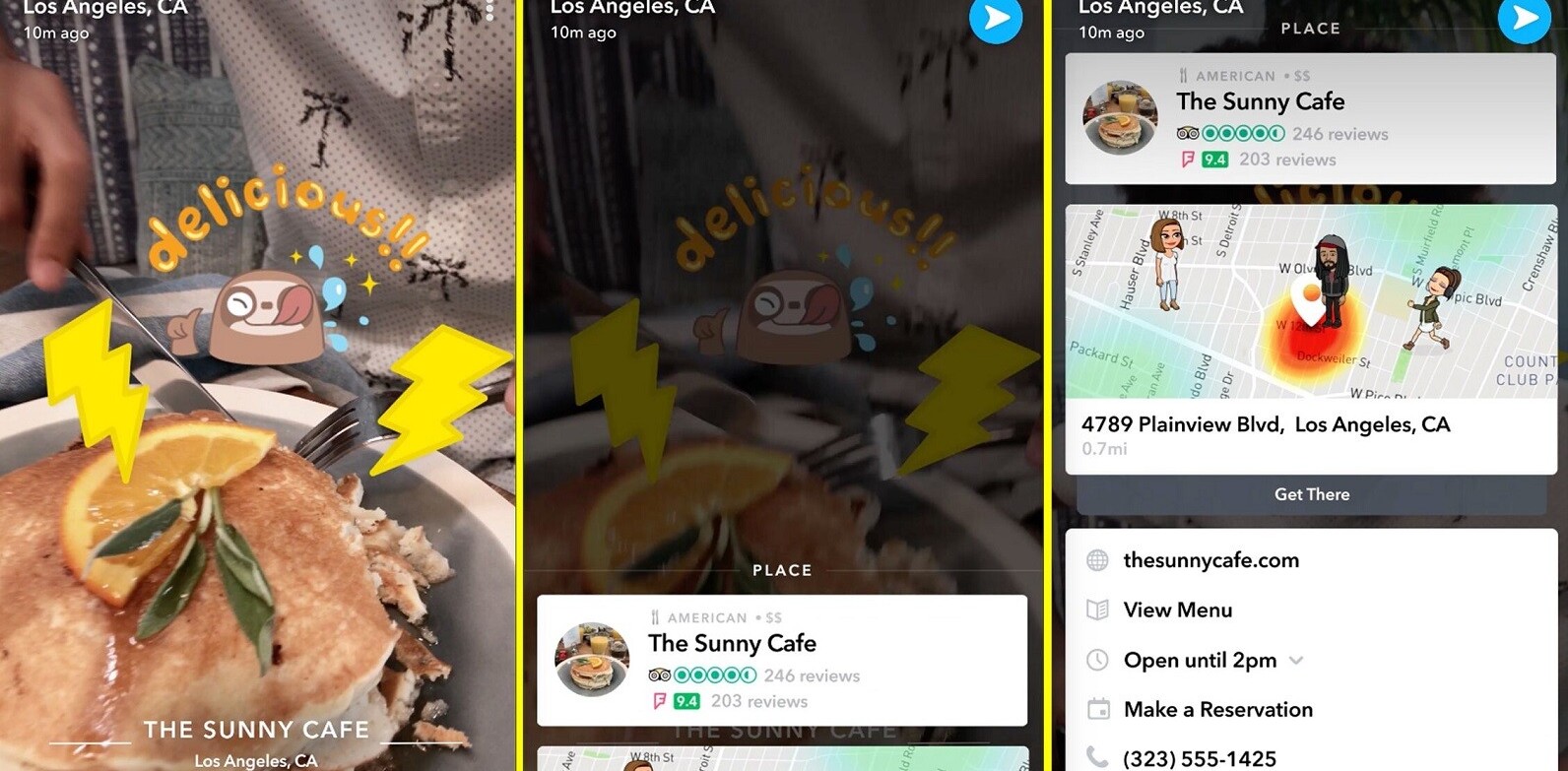
There’s little doubt that having a myriad of positive online reviews can work wonders for your business – be it a hotel on TripAdvisor, a private apartment on AirBnb or a restaurant on Yelp.
Indeed, the lure of five-star feedback does lead to some folk trying to game the system, which is why Yelp is pulling out the stops to warn customers when it thinks this is happening.
Similar to TripAdvisor’s Red Flag feature, which punishes hotels for falsifying reviews, Yelp’s looking to make it easier for shoppers to spot the fakers. It says:
“To combat this, we’ve put on our detective hats, tracked down these rogue solicitations and are now giving you a heads up. Starting today, when we’ve determined that there have been significant attempts to pay for reviews, you may see a warning (like the one below) that some shady practices may be at play.”

“We caught someone red-handed trying to buy reviews for this business. We weren’t fooled, but wanted you to know because buying reviews not only hurts consumers, but also honest businesses who play by the rules. Check out the evidence here.”
Yelp says it will remove the colorful warning from the business’s page after ninety days unless, of course, it detects any further foul play. It’s interesting that Yelp has put a specific time-frame on its removal policy, as similar initiatives such as TripAdvisor’s Red Flag don’t specify when, exactly, it will remove the warning.
With the launch of the new system today, nine businesses have the consumer alert on their page, but it seems this is just the beginning.
Yelp was founded in San Francisco in 2004. Since then, Yelp has moved beyond its US roots and into Canada, UK, Ireland, France, Germany, Austria, The Netherlands, Spain, Italy, Switzerland, Belgium, Australia, Sweden, Denmark, Norway, Finland, Singapore and Poland. It claims a monthly average of 78 million unique visitors in Q2 2012, with more than 30 million local reviews penned to date.
With so much activity happening in and around Yelp, it has to be seen to be making moves to block insincere reviews. “We want to make sure consumers are making informed decisions, the company says in its statement. “Yelp’s automated review filter is working around the clock to flag these types of biased reviews, and we believe that you deserve the right to know when this type of activity is taking place behind the scenes.”
There’s more to come too – it seems the next step will be to let consumers know if a business has had multiple (not quantified) reviews from a single IP address. Its filters, apparently, already do take this into account, but it seem that it will now state this information specifically beside a business listing. So…if someone spends their evenings writing fake reviews about their coffee shop from their livingroom sofa, this will now be a lot more transparent.
Image Credit – Thinkstock
Get the TNW newsletter
Get the most important tech news in your inbox each week.




